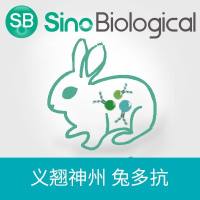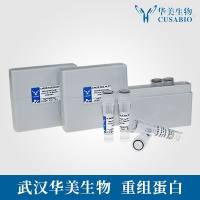Shiga Toxin Interactions with the Intestinal Epithelium
互联网
互联网
相关产品推荐

Shiga toxin II subunit B 兔多抗 | Enterohemorrhagic E. coli (EHEC) stx2B Antibody, Rabbit PAb, Antigen Affinity Purified
¥800

cdtA/cdtA蛋白Recombinant Escherichia coli Cytolethal distending toxin subunit A (cdtA)重组蛋白Cytolethal distending toxin subunit A(CDT A)蛋白
¥2328

plc/plc蛋白Recombinant Clostridium perfringens Phospholipase C (plc)重组蛋白Alpha-toxin (Hemolysin) (Lecithinase) (Phosphatidylcholine cholinephosphohydrolase)蛋白
¥2328
![PARP9/PARP9蛋白/ADP-ribosyltransferase diphtheria toxin-like 9
B aggressive lymphoma protein
Poly [ADP-ribose] polymerase 9蛋白/Recombinant Human Poly [ADP-ribose] polymerase 9 (PARP9), partial重组蛋白](https://img1.dxycdn.com/p/s14/2024/0807/931/4874189879496701281.jpg!wh200)
PARP9/PARP9蛋白/ADP-ribosyltransferase diphtheria toxin-like 9 B aggressive lymphoma protein Poly [ADP-ribose] polymerase 9蛋白/Recombinant Human Poly [ADP-ribose] polymerase 9 (PARP9), partial重组蛋白
¥69

stxA2/stxA2蛋白Recombinant Enterobacteria phage 933W Shiga-like toxin 2 subunit A (stxA2) (E189K)重组蛋白Verocytotoxin 2 subunit A Verotoxin 2 subunit A rRNA N-glycosidase 2蛋白
¥2328

